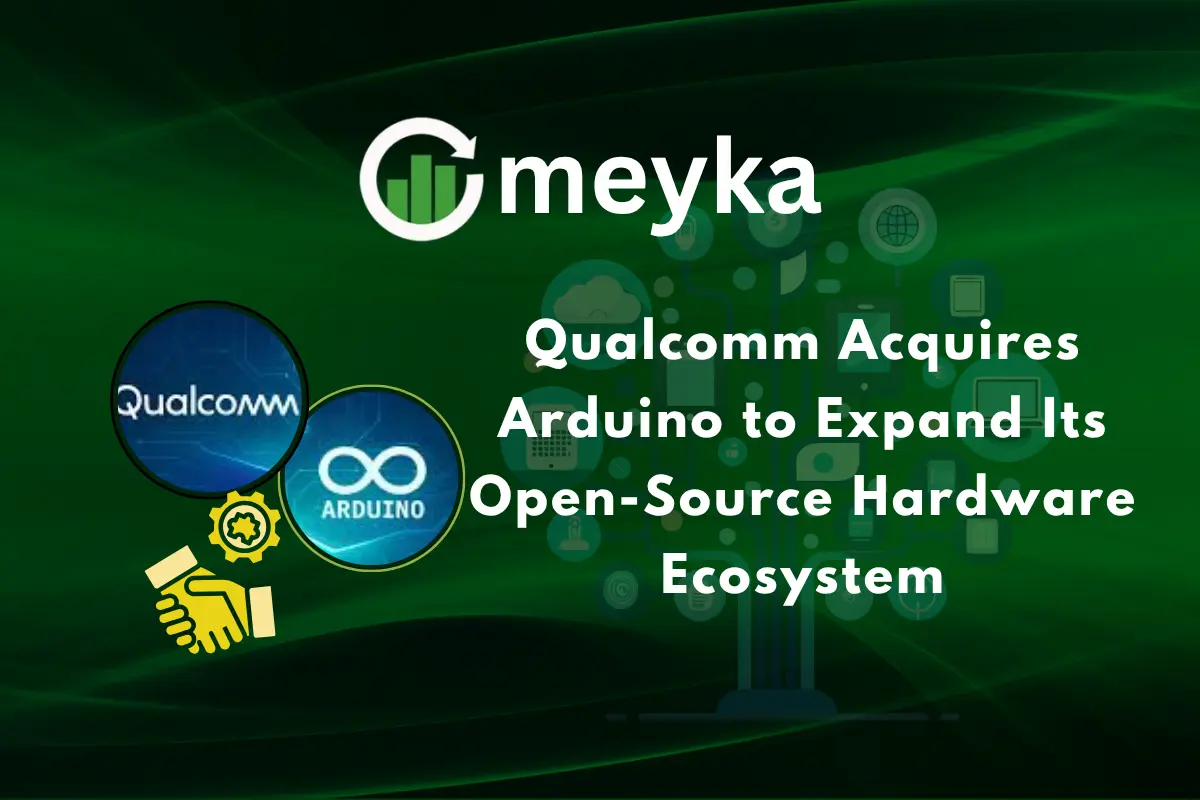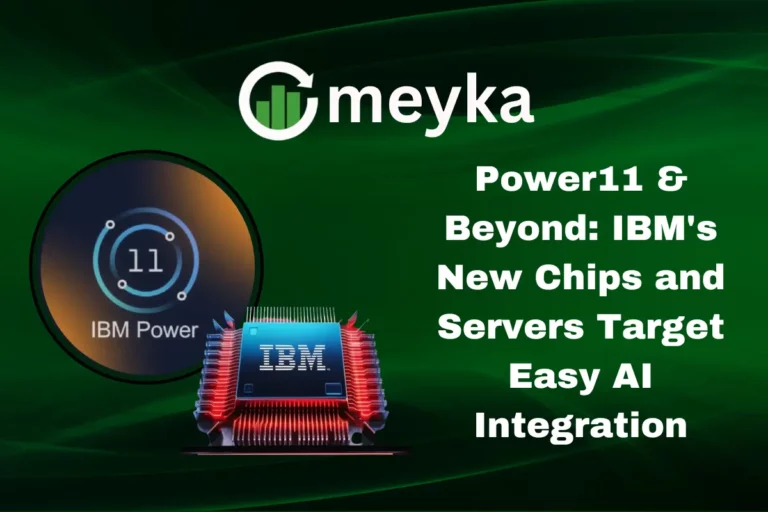Qualcomm Acquires Arduino to Expand Its Open-Source Hardware Ecosystem
On October 7, 2025, Qualcomm announced it had bought Arduino. Arduino is an Italian company known for its open-source microcontroller boards. The deal connects Qualcomm’s AI hardware with Arduino’s large developer community of over 33 million users. Arduino will keep its name, tools, and mission. It will still support chips from different makers.
The partnership launched the Arduino UNO Q. This new board uses Qualcomm’s Dragonwing QRB2210 processor. It can run Linux Debian, handle real-time microcontroller tasks, and run small AI models for vision and sound. Priced at $44, the UNO Q makes AI development easier and more affordable for developers and hobbyists.
The acquisition shows Qualcomm’s focus on open-source hardware. It aims to boost innovation in edge AI. It also helps developers build smart solutions faster and more efficiently.
Background on Qualcomm
Qualcomm is a leading American semiconductor company, renowned for its mobile processors and wireless technologies. Historically, Qualcomm has focused on mobile devices, but in recent years, it has expanded its reach into areas like automotive, industrial IoT, and edge computing. The acquisition of Arduino aligns with Qualcomm’s strategy to strengthen its position in the open-source hardware ecosystem and accelerate the development of AI-driven edge solutions.
Background on Arduino
Founded in 2005, Arduino is an Italian company that has become a cornerstone of the open-source hardware movement. Its microcontroller boards and development platforms have empowered millions of developers, educators, and hobbyists to create interactive electronic projects. Arduino’s commitment to openness and accessibility has fostered a vibrant community of over 33 million users worldwide.
Details of the Acquisition
On October 7, 2025, Qualcomm announced its acquisition of Arduino. While the financial terms were not disclosed, the deal marks a significant step in Qualcomm’s expansion into the open-source hardware domain. Despite the acquisition, Arduino will retain its brand identity, tools, and mission, continuing to support chips from various manufacturers.
Strategic Importance for Qualcomm
The acquisition of Arduino allows Qualcomm to tap into a vast developer ecosystem, enhancing its reach and influence in the embedded systems market. By integrating Arduino’s open-source platforms with its own advanced technologies, Qualcomm aims to accelerate the development of AI-driven edge solutions, fostering innovation in areas like robotics, IoT, and industrial automation.
Impact on the Developer and Maker Community
For the global Arduino community, the acquisition promises enhanced access to Qualcomm’s cutting-edge technologies. The introduction of the Arduino UNO Q board, powered by Qualcomm’s Dragonwing QRB2210 processor, offers developers a powerful platform for creating AI-powered applications. Additionally, the new AppLab development environment simplifies the integration of AI models, making advanced capabilities more accessible to developers of all skill levels.
Broader Industry Implications
This acquisition signals a broader trend of convergence between open-source hardware and proprietary technologies. By combining Arduino’s open-source ethos with Qualcomm’s advanced processing capabilities, the partnership aims to drive innovation in edge computing and AI applications. This move could influence educational programs, maker labs, and innovation hubs, fostering a new generation of developers equipped to tackle complex challenges.
Challenges and Considerations
While the acquisition offers numerous opportunities, it also presents challenges. Maintaining Arduino’s open-source principles within a corporate structure requires careful balancing to ensure the community’s trust and engagement.

Additionally, integrating Qualcomm’s advanced technologies with Arduino’s platforms must be done thoughtfully to preserve the accessibility and simplicity that have made Arduino popular among developers.
Wrap Up
Qualcomm’s acquisition of Arduino represents a significant milestone in the evolution of open-source hardware. By combining Arduino’s community-driven innovation with Qualcomm’s advanced technologies, the partnership aims to accelerate the development of AI-powered edge solutions. This collaboration holds the potential to inspire a new wave of innovation, empowering developers to create intelligent applications that bridge the physical and digital worlds.
Frequently Asked Questions (FAQs)
The Arduino UNO Q is a new development board introduced after Qualcomm bought Arduino on October 7, 2025. It runs Linux, handles real-time tasks, and supports small AI applications.
Yes. The Arduino UNO Q is open source. Its design files are free to view, copy, and change. This helps makers and developers create projects and learn.
The UNO Q costs $44 for 2GB RAM and $59 for 4GB RAM. It started shipping on October 25, 2025, and is available from Arduino’s official store and resellers.
Disclaimer: The above information is based on current market data, which is subject to change, and does not constitute financial advice. Always do your research.






